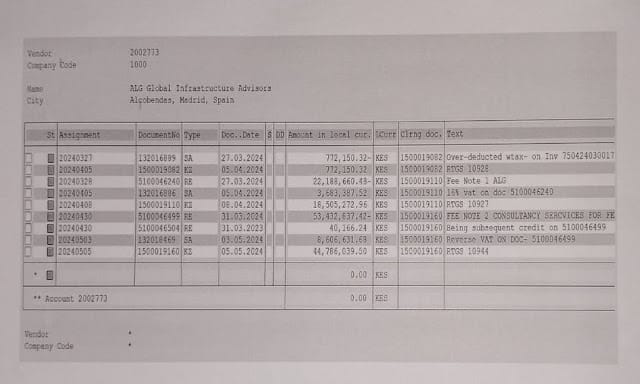There is nothing unique about what the project proposes, and if KAA subjects the project to competitive bidding, there will be plenty of more competent consortiums that can execute the project.
Murkomen’s pressure led citizens to believe that KAA hired a transaction advisor to advise on the project, but the TA appeared biased in favor of the proponent. The question is, if KAA has already spent money to engage a transaction advisor to structure the project, why is the proponent benefiting from the TA’s work?
Under the Public-Private Partnerships (PPP) Act, 2021 of Kenya, the conditions for a Privately Initiated Proposal (PIP) include several key criteria.
Here are the main conditions:
Innovative nature: The proposal must be innovative and provide a solution that is not already under consideration by the government. It should offer unique benefits that a traditional public procurement process may not deliver.
Alignment with National or County Government Plans: The proposed project must align with the strategic development plans of the national or county governments. The project should prioritise addressing a recognised public need.
No Competitive Bidding: Because of its unique nature, the project must be such that competitive bidding is not feasible. This could be because the proposal involves proprietary technology or a unique approach that is not replicable through a standard competitive process.
Value for Money: The proposal must demonstrate that it offers value for money compared to alternative procurement options. This includes considering the project’s cost, efficiency, and the quality of services or infrastructure to be provided.
Affordability and Fiscal Responsibility: The project should be affordable for the public sector, not impose an undue financial burden. The financial structure of the project must be sound, ensuring fiscal responsibility.
Risk Allocation: The proposal should clearly outline the risk allocation between the public and private sectors. The private entity must be willing and able to take on significant project risks.
Sustainability: The project should be sustainable in terms of its economic, social, and environmental impacts. It should contribute to long-term development goals without causing adverse effects.
The proposal must go through a rigorous approval process, which includes an initial evaluation by the PPP Unit and endorsement by relevant authorities. It requires approval from the PPP Committee and potentially other regulatory bodies.
Unsolicited Proposal Fee: The proponent must pay an unsolicited proposal fee, as stipulated in the regulations, to cover the cost of the government’s review and processing of the proposal.
Kenyans have designed these conditions to ensure that privately initiated proposals are well-conceived, beneficial to the public, and aligned with broader development goals.
Via Nelson Amenya

















